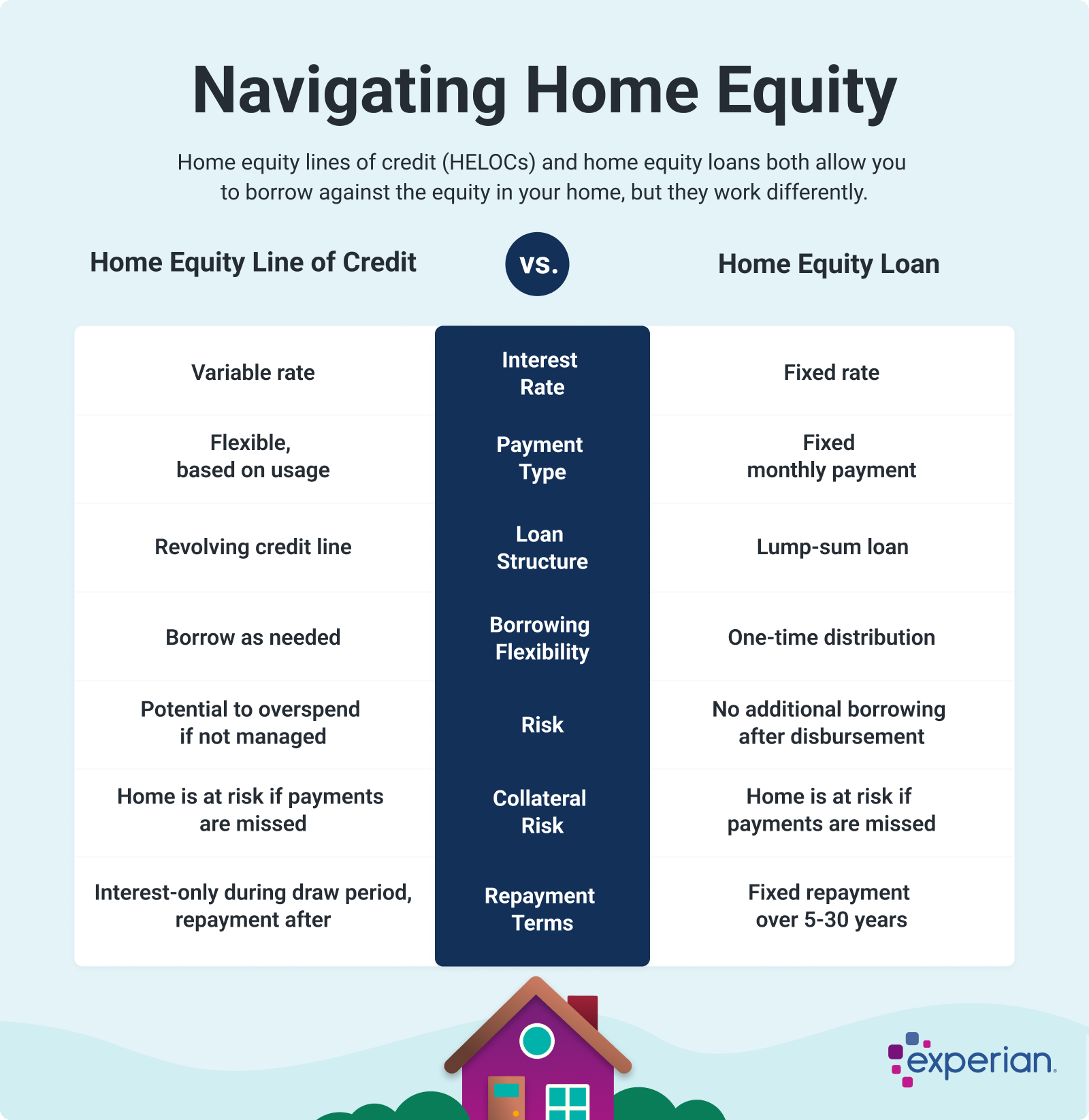Discovering the Various Sorts Of Equity Release Mortgages Available Today
Equity Release mortgages present numerous choices for property owners aged 55 and over. equity release mortgages. These monetary products deal with different needs and preferences, permitting individuals to gain access to funds from their property. From lifetime home mortgages to shared admiration home loans, each type offers distinctive advantages. Recognizing these options is vital for making notified choices. What factors should one think about when picking one of the most appropriate equity Release strategy? The details that follow may shed light on this crucial subject
Recognizing Equity Release Mortgages
Equity Release home mortgages offer homeowners, usually those aged 55 and over, with a way to access the worth linked up in their home without needing to offer it. This financial option allows individuals to transform a section of their home equity into cash, which can be used for various functions, such as home enhancements, paying off debts, or funding retirement.Equity Release can take different forms, but it essentially includes borrowing versus the value of the home while retaining ownership. Property owners can select to get a round figure or a collection of smaller repayments, relying on their financial needs and preferences.Additionally, the amount readily available for Release is affected by the residential or commercial property's value, the home owner's age, and particular lending institution requirements. Overall, understanding equity Release home loans is important for home owners to make enlightened decisions about taking advantage of their home's equity while considering the long-term implications.
Life time Mortgages
Lifetime home mortgages represent among the most preferred kinds of equity Release. This monetary product allows home owners, typically aged 55 or older, to borrow against the value of their property while retaining ownership. The lending, which is safeguarded against the home, accumulates rate of interest in time however does not require monthly settlements. Instead, the financing and accrued rate of interest are paid back when the home owner passes away or moves into long-term care.Lifetime home loans use versatility, as customers can select to receive a lump sum or go with a drawdown center, accessing funds as needed. Significantly, several plans come with a no-negative-equity guarantee, making certain that borrowers will never owe more than the worth of their home. This function gives satisfaction, allowing people to appreciate their retired life without the anxiety of diminishing their estate. Overall, lifetime mortgages work as a feasible option for those looking for financial support in later life.
Home Reversion Plans

Drawdown Life Time Mortgages
While numerous house owners seek means to access their wide range, drawdown life time home mortgages present a versatile option that allows individuals to Release funds progressively. This sort of equity Release home mortgage makes it possible for property owners to borrow versus the value of their home while preserving ownership. Unlike conventional lifetime home loans, drawdown strategies permit consumers to access a section of their equity upfront and take out added funds as required, up to a predetermined limit.This feature can be especially advantageous for those who want to handle their finances thoroughly, as it minimizes passion buildup by just charging rate of interest on the quantities attracted. Additionally, drawdown life time mortgages frequently come with a "no adverse equity guarantee," guaranteeing that borrowers will certainly never owe even more than their home's value. This choice fits senior citizens that want financial safety and security and versatility, enabling them to fulfill unanticipated costs or keep their way of living without needing to market their residential or commercial property.
Boosted Lifetime Mortgages
Boosted Lifetime Home mortgages offer distinct advantages for eligible homeowners looking for to Release equity from their buildings. Comprehending the eligibility requirements is crucial, as it establishes that can gain from these specialized lendings. It is also crucial to review the possible downsides associated with improved alternatives, making sure a well-shaped point of view on their usage.
Eligibility Standards Explained
Comprehending the qualification standards for Boosted Life time Mortgages is important for potential applicants seeking to access the equity in their homes. Typically, candidates need to be aged 55 or older, as this age demand is basic in the equity Release market. House owners must have a home valued at a minimal threshold, which can differ by lender. Notably, the home needs to be their main residence and in excellent problem. Lenders commonly evaluate the home owner's health condition, as specific wellness conditions might boost qualification and benefits. Additionally, applicants must not have existing considerable financial debts secured versus the residential or commercial property. Fulfilling these standards allows people to explore Boosted Lifetime Home loans as a viable alternative for accessing funds locked up in their homes.
Benefits of Boosted Mortgages
After clearing up the eligibility criteria, it becomes evident that Enhanced Life time Mortgages offer several significant advantages for home owners looking to utilize their property equity. Largely, they offer accessibility to a larger car loan quantity contrasted to conventional lifetime home mortgages, benefiting those with wellness problems or age-related elements that increase their life expectations threat. This improved borrowing helpful hints capability permits house owners to fulfill different monetary demands, such as home enhancements or retired life expenses. Furthermore, these home loans normally feature versatile repayment options, allowing consumers to handle their financial resources much more efficiently. The no-negative-equity guarantee further guarantees that homeowners will never owe even more than their property's worth, providing tranquility of mind. In General, Enhanced Life time Mortgages present a compelling alternative for qualified home owners seeking economic solutions.
Potential Downsides Taken Into Consideration
While Improved Lifetime Mortgages use many benefits, prospective downsides require cautious factor to consider. One considerable issue is the effect on inheritance; the equity released minimizes the worth of the estate delegated beneficiaries. Furthermore, these mortgages can accrue substantial interest with time, bring about a substantial financial obligation that may go beyond the original funding amount. There might additionally be constraints on home adjustments or rental, limiting property owners' versatility. Furthermore, improved products frequently require details health and wellness conditions, indicating not all house owners will certainly qualify. Managing the costs and fees linked with these home loans can be complicated, potentially leading to unanticipated prices. Consequently, individuals should completely evaluate their circumstance and speak with economic consultants before proceeding.
Shared Gratitude Home Mortgages
Shared Gratitude Mortgages stand for a distinct monetary arrangement that permits property owners to accessibility equity while sharing future building value enhances with the lender. This approach provides potential benefits such as decreased monthly settlements, but it also comes with disadvantages that have to be meticulously thought about. Understanding the eligibility requirements is vital for those interested in this alternative.
Principle Overview
Equity Release home mortgages, specifically in the form of common recognition home mortgages, supply property owners a distinct monetary service that allows them to access funds by leveraging the value of their building. In this arrangement, a lender offers a finance to the homeowner, which is generally paid back via a share of the residential property's future recognition in value. This implies that when the property owner offers the home or dies, the lender receives a percentage of the enhanced worth, instead of just the preliminary lending quantity. Shared appreciation home loans can be appealing for those looking to supplement their earnings or finance considerable costs while preserving ownership of their home. Nonetheless, the financial implications of common gratitude should be meticulously considered by potential consumers.
Downsides and benefits
Although shared admiration home loans can supply substantial economic benefits, they additionally come with remarkable disadvantages that potential consumers ought to think about. These home mortgages enable property owners to access equity in their properties while sharing a section of any kind of future recognition with the loan provider. This setup can be advantageous during times of climbing property worths, offering significant funds without month-to-month settlements. The primary disadvantage is the possible loss of equity; home owners may finish up with considerably minimized inheritance for successors. Additionally, the intricacy of the terms can bring about misunderstandings concerning repayment responsibilities and the percentage of appreciation owed. It is important for debtors to weigh these elements thoroughly prior to committing to a common gratitude mortgage.

Eligibility Demands
What requirements must house owners meet to receive a common admiration home loan? Mainly, candidates have to go to the very least 55 years of ages, ensuring they are within the target market for equity Release products. Additionally, the residential property should be their main residence and generally valued over a defined minimum limit, typically around ? 100,000. Lenders likewise analyze the property owner's monetary conditions, consisting of revenue and outstanding financial obligations, to establish they can take care of the home loan responsibly. Significantly, the home must be in great problem and without substantial lawful encumbrances. House owners should likewise have a go to website clear understanding of the terms, consisting of exactly how recognition will be shown to the lending institution upon sale or transfer of the building, as this impacts general returns.
Choosing the Right Equity Release Option

Regularly Asked Concerns
What Age Do I Required to Be for Equity Release?
The age demand for equity Release generally begins at 55 for many plans. However, some service providers may use alternatives for those aged 60 and above, reflecting differing terms based upon private circumstances and lender plans.
Will Equity Release Influence My Inheritance?
Equity Release can affect inheritance, as the amount obtained plus passion reduces the estate's worth. Beneficiaries may get less than anticipated, relying on the property's appreciation and the complete debt at the time of passing.
Can I Move Residence With Equity Release?
The question of relocating house with equity Release arises frequently. Normally, people can transfer their equity Release plan to a brand-new residential or commercial property, but details conditions might apply, calling for consultation with the loan provider for assistance.
Are There Fees Related To Equity Release Mortgages?
Charges related to equity Release home loans can consist of arrangement costs, appraisal fees, and lawful expenses. Furthermore, there may be early repayment fees, which can impact the general cost and monetary ramifications for the debtor.
Exactly How Does Equity Release Effect My Tax Obligation Situation?
Equity Release can affect one's tax scenario by potentially increasing taxable income, as released Continue funds are thought about resources. However, it usually does not sustain prompt tax obligations, making it important to seek advice from an economic expert for individualized assistance.
Conclusion
In recap, the variety of equity Release home loans readily available today supplies house owners aged 55 and over several paths to access their building's worth - equity release mortgages. Whether going with a life time home mortgage, home reversion strategy, or various other choices, each alternative provides unique advantages customized to individual monetary requirements. Mindful factor to consider and appointment with a monetary advisor are necessary to guarantee the selected equity Release service aligns with individual objectives and monetary conditions, eventually helping with informed decision-making for a safe monetary future. Equity Release home mortgages present different options for homeowners aged 55 and over. Equity Release home loans provide house owners, usually those aged 55 and over, with a means to access the worth connected up in their building without needing to market it. Improved Life time Home mortgages supply distinctive benefits for qualified property owners looking for to Release equity from their homes. Equity Release home mortgages, particularly in the form of shared gratitude mortgages, offer homeowners a distinct financial solution that enables them to gain access to funds by leveraging the value of their residential property. In recap, the range of equity Release home loans available today supplies home owners aged 55 and over numerous paths to access their residential or commercial property's worth